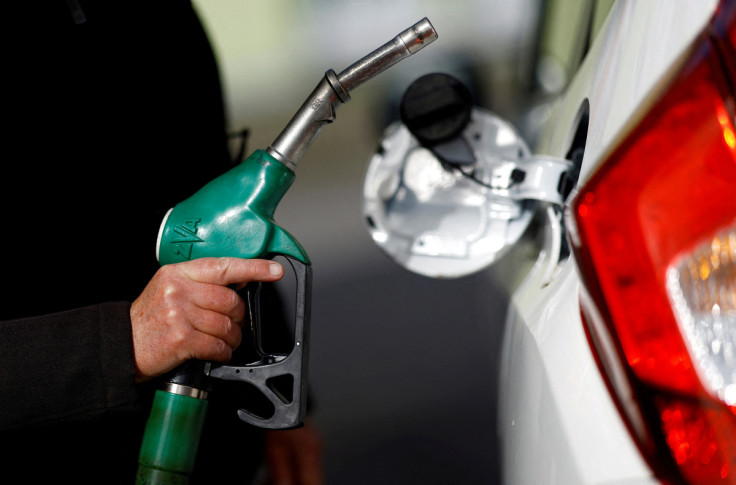
Petrol prices have reached their lowest levels in two years, as reported by the RAC. The notable drop in fuel costs comes as a respite for drivers who have contended with fluctuating prices and economic uncertainties.
The RAC's Fuel Watch report reveals that the average price of petrol has plummeted to levels last witnessed on October 21 across the country. The current average stands at 142.57 per litre, marking a significant decrease from previous months.
This reflects a notable decrease of approximately 10p per litre compared to the period leading up to last Christmas and a significant reduction of about 14p per litre from the rates observed just two months ago.
However, it is important to note that diesel prices have not experienced a corresponding decrease.
In the previous month of October, fuel prices experienced a surge, witnessing a rise of approximately 13p per litre for petrol between June and mid-October, reaching a peak of 156.1p.
Diesel prices followed suit, surging by about 18p to reach 162.4p per litre during the same period.
Simon Williams, the RAC's spokesperson on fuel, highlighted that this period represents one of the busiest times of the year on the roads.
He expressed: "This marks positive developments for drivers, particularly as prices are anticipated to continue their descent in the lead-up to Christmas, thanks to the significantly lower wholesale prices.
"While major retailers may not have made grand announcements of substantial reductions, there is a consistent daily decline in prices, a promising trend that we hope will persist in the coming days."
Williams continued: "If the pumps more accurately reflect the downward trend in wholesale prices, we could witness the average petrol price dipping below 140p within the next week. Though diesel hasn't reached a comparable low point, it has still decreased from the steep prices observed during last Christmas, hovering around 175p per litre."
In October, Claire Coutinho, the energy secretary, issued a stern message, affirming that the government would "not hesitate to call out retailers who rip off the public" by failing to pass on the benefits of lower wholesale prices to fuel buyers at the pumps.
A detailed investigation conducted by the Competition and Markets Authority in July exposed that fuel retailers had overcharged motorists by a staggering £900 million in the previous year.
The dip in petrol prices can be attributed to various factors contributing to a more stable global oil market.
Declining demand, increased oil production from key oil-producing nations, and geopolitical factors have collectively contributed to the downward trend in fuel costs.
Fuel prices, a perennial concern for motorists, have experienced volatility in recent years, with various external factors influencing the cost at the pump.
The Covid-19 pandemic, in particular, exerted a profound impact on global oil demand, causing prices to fluctuate significantly. As economies recover and international travel resumes, the stability witnessed in the oil market has translated into tangible relief for consumers.
However, experts caution that the current trend may be subject to change, contingent on global economic developments, geopolitical tensions, and any unforeseen shifts in oil production.
While the current trajectory is favourable for consumers, the volatile nature of the oil market underscores the importance of staying informed about potential fluctuations in fuel prices.
The impact of lower petrol prices extends beyond individual motorists, influencing broader economic dynamics.
Reduced fuel costs can contribute to lower transportation expenses for businesses, potentially alleviating operational expenses and positively affecting consumer prices for goods and services.
The RAC and other industry observers will continue to monitor petrol prices, providing valuable insights to consumers and businesses alike.
As drivers navigate this period of relative affordability at the pump, the hope is that the current trend heralds a sustained period of stability in petrol prices across the nation.







